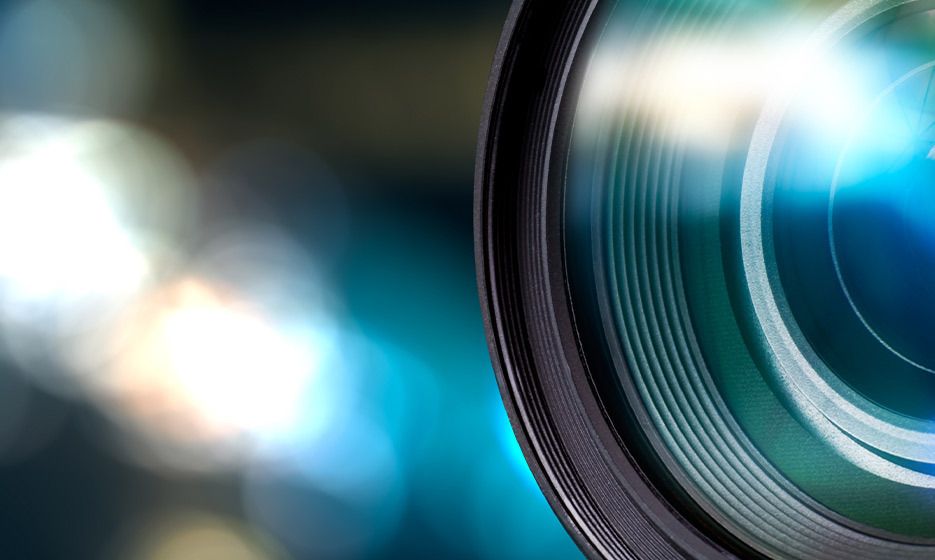Exhausting the Possibilities
After the Impression Products v. Lexmark ruling, manufacturers still may have legal avenues to enforce single-use restrictions on their products
The U.S. Supreme Court’s unanimous decision in Impression Products, Inc. v. Lexmark International, Inc. reflected an increased adherence to the doctrine of patent exhaustion.1 Although the opinion, authored by Chief Justice John Roberts, roundly rejected Lexmark’s attempts to limit use of its patented ink cartridges after their initial sale, analysis of the opinion suggests that there may still be options going forward. Lexmark attempted, but failed, to protect its patented product after sale. Yet, there may still be ways to use a patent to legally protect a patented product downstream in the marketplace.
In the present case, Lexmark made and sold patented ink cartridges in the United States and abroad for use in Lexmark printers. Some of Lexmark’s cartridges were sold subject to a single-use restriction, also referred to as a no-resale restriction, which sought to require that the purchaser return the spent cartridges to Lexmark. Impression Products collected spent Lex mark cartridges previously sold in the United States and abroad, and resold the restricted cartridges in the United States in violation of the imposed restriction. The Supreme Court ruled that the doctrine of patent exhaustion precluded a finding that the actions of Impression Products were patent infringement.
Patent exhaustion is effectively a patent law parallel to the well-established property law abhorrence of anti-alienation restrictions on a seller’s disposition of an entire interest in a chattel. Patent exhaustion declares that a patentee’s rights in an individual patented article are “exhausted” once a patentee-authorized sale has occurred, thus enabling a purchaser to use the purchased individual article in any otherwise legal manner. Accordingly, the resale of a lawfully purchased patented good is free from restrictions under U.S. patent law under the patent exhaustion doctrine.
Click here to continue reading a PDF of the original article.
---------
1 Impression Prods., Inc. v. Lexmark Int’l, Inc., 137 S. Ct. 1523 (U.S. 2017).
